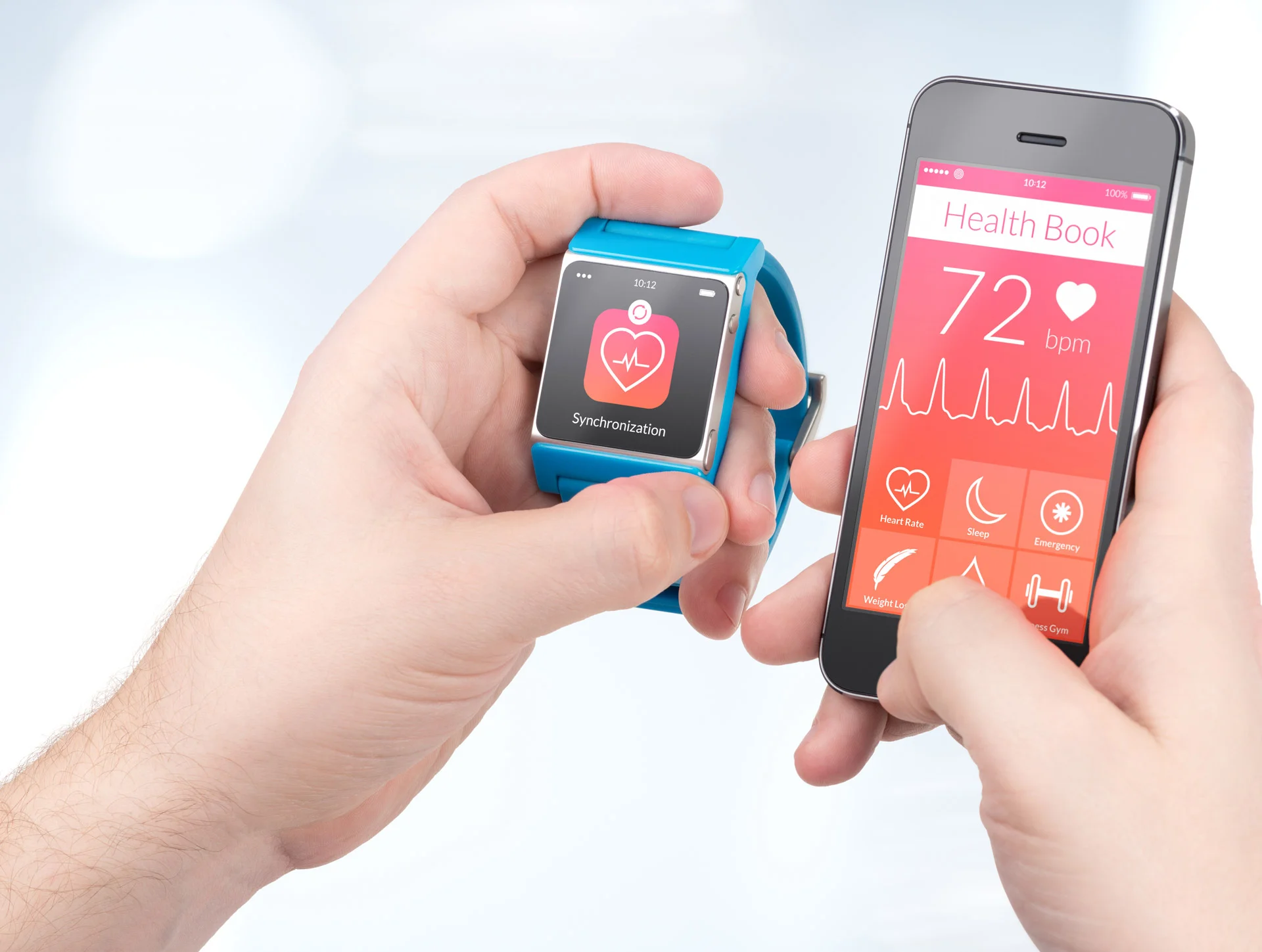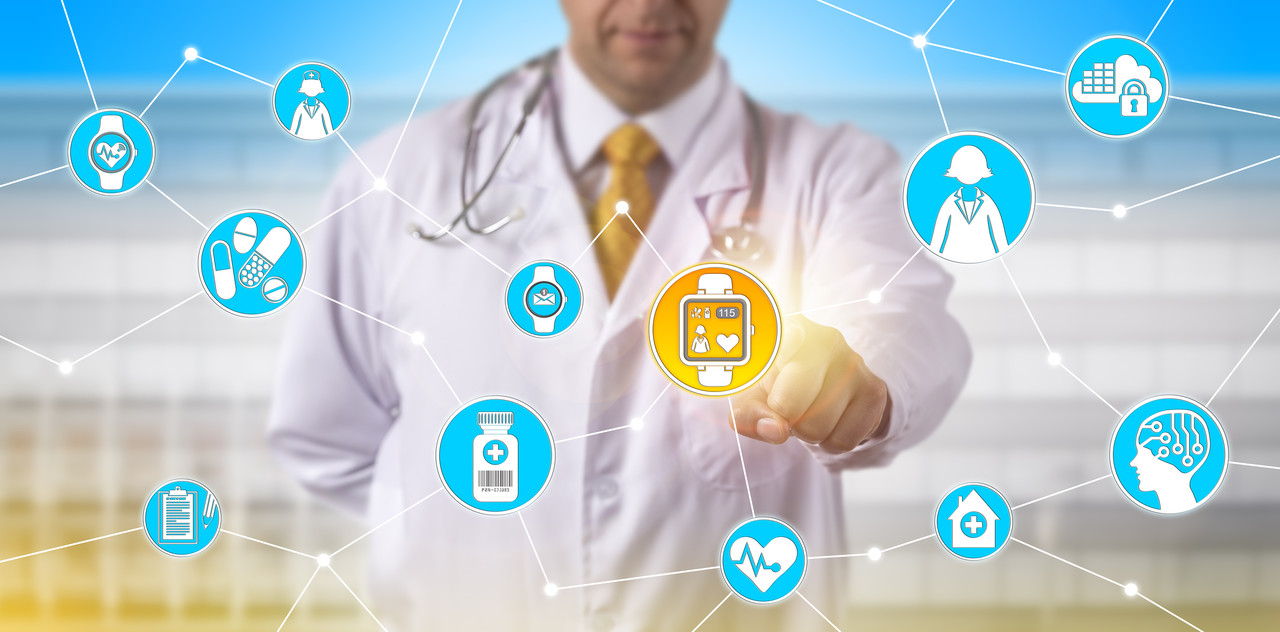Introduction
In a rapidly evolving world, where health takes precedence, Home Health Monitoring Devices have emerged as the pioneers of personalized well-being. Dive into this enlightening exploration of cutting-edge technologies, practical insights, and expert guidance to revolutionize your health journey.
Home Health Monitoring Devices: Historical Perspective on Health Monitoring
Health monitoring has come a long way from the rudimentary methods of our ancestors to the sophisticated systems we have today. In ancient times, individuals relied on observational symptoms and folk remedies to gauge their well-being. The earliest recorded forms of health monitoring date back to ancient civilizations, where pulse checks and urine examination were common diagnostic practices.
With the advent of modern medicine, the 19th and 20th centuries witnessed significant strides in health monitoring. The invention of the stethoscope, blood pressure cuff, and thermometer revolutionized diagnostics, allowing healthcare professionals to gather more precise information about a patient’s condition. However, these methods were primarily confined to clinical settings, limiting the continuous monitoring of health outside of hospitals and clinics.
Technological Advancements Leading to Home-Based Solutions
In the 21st century, rapid technological advancements have democratized health monitoring, shifting the focus from clinical environments to the comfort of our homes. Wearable devices, such as smartwatches and fitness trackers, have emerged as game-changers in personal health management. These devices can track vital signs, monitor physical activity, and even provide real-time feedback on various health metrics.
The integration of artificial intelligence (AI) and machine learning into health monitoring devices has further enhanced their capabilities. Smart health apps can analyze data trends, offering personalized insights and predictive analytics. This not only empowers individuals to take proactive measures for their health but also facilitates early detection of potential issues.
The COVID-19 pandemic has accelerated the development of remote health monitoring solutions. Telemedicine platforms allow individuals to connect with healthcare professionals virtually, enabling the continuous monitoring of chronic conditions and facilitating early intervention. Home-based monitoring devices, such as smart blood glucose meters and ECG monitors, provide users with the convenience of real-time health data, fostering a more proactive approach to well-being.
Wearable Devices
Smartwatches and Fitness Trackers
Smartwatches and fitness trackers have revolutionized personal health monitoring by seamlessly integrating into daily life. These devices go beyond just tracking steps; they monitor heart rate, sleep patterns, and calories burned. With sleek designs and user-friendly interfaces, individuals can easily keep tabs on their health metrics throughout the day. Brands like Apple, Fitbit, and Samsung offer a variety of options, catering to different preferences and lifestyles.
For optimal health monitoring, look for smartwatches with built-in GPS for accurate distance tracking during workouts. Additionally, water-resistant features make them suitable for various activities, including swimming. These wearables not only encourage an active lifestyle but also provide valuable insights into overall well-being.
Health-centric Wearables (Blood Pressure Monitors, ECG Devices)
Health-centric wearables take monitoring a step further, targeting specific health parameters. Blood pressure monitors and ECG devices, for instance, offer users the ability to track vital signs regularly. This real-time data is crucial for individuals managing hypertension or monitoring cardiovascular health. Reputable brands like Omron and Withings provide accurate and reliable options for those seeking medical-grade monitoring in the convenience of a wearable device.
Incorporating these wearables into daily routines empowers individuals to proactively manage their health. Regular check-ins on blood pressure and heart rhythm contribute to a more comprehensive understanding of one’s cardiovascular health, enabling early detection of potential issues.

Smart Health Appliances
Smart Scales and Body Composition Analyzers
Smart scales and body composition analyzers have transformed the way people approach weight management. These devices not only measure weight but also provide insights into body fat percentage, muscle mass, and even bone density. Brands like Tanita and Withings offer smart scales that sync data seamlessly with health apps, allowing users to track progress over time.
Incorporating smart scales into a wellness routine encourages a holistic approach to health. Monitoring changes in body composition offers a more nuanced understanding of fitness progress beyond simple weight loss, promoting sustainable and informed lifestyle choices.
Smart Thermometers and Blood Glucose Monitors
Smart thermometers and blood glucose monitors bring health monitoring into the realm of preventive care. Smart thermometers, such as those from Kinsa, offer real-time temperature tracking and can even provide insights into local illness trends. For individuals managing diabetes or looking to monitor blood sugar levels, smart blood glucose monitors from companies like Dexcom and One Drop provide accurate readings with the convenience of smartphone integration.
Integrating these smart health appliances into daily life ensures proactive health management. Timely temperature tracking and regular blood glucose monitoring empower individuals to take control of their well-being, with the added benefit of easy data sharing with healthcare professionals when needed.
Real-time Data Tracking
In the dynamic landscape of health and technology, real-time data tracking emerges as a pivotal tool for individuals and healthcare professionals alike. The ability to monitor and analyze health metrics instantaneously provides a comprehensive understanding of one’s well-being. This feature facilitates a proactive approach to health management, allowing users to make informed decisions in real-time.
Real-time data tracking is especially crucial for chronic disease management, enabling patients to keep a close eye on their vital signs and relevant health parameters. Whether it’s monitoring blood glucose levels, heart rate, or other critical metrics, the immediacy of the data empowers individuals to respond promptly to any deviations from the norm. For healthcare providers, this ensures timely interventions and adjustments to treatment plans, fostering a more personalized and effective approach to patient care.
Furthermore, this feature goes beyond individual health, contributing to broader public health initiatives. By aggregating anonymized data, trends and patterns can be identified, aiding in the early detection of outbreaks or health risks within communities.
Remote Health Management
The advent of remote health management marks a revolutionary shift in healthcare delivery. This feature allows individuals to access healthcare services and monitor their well-being from the comfort of their homes. Especially in the context of global events that emphasize the importance of social distancing, remote health management becomes not just a convenience but a necessity.
Patients can schedule virtual consultations with healthcare professionals, receive real-time feedback on their health data, and even undergo remote diagnostics. This not only reduces the burden on healthcare infrastructure but also enhances accessibility, particularly for individuals in remote or underserved areas. The seamless integration of remote health management into daily life encourages regular check-ins and fosters a proactive attitude towards health.
Early Detection and Prevention
Early detection is a cornerstone of effective healthcare, and the integration of advanced technologies for data tracking plays a pivotal role in achieving this goal. By continuously monitoring health metrics in real-time, the system can identify subtle changes or patterns that may indicate the early stages of a health issue.
This proactive approach to health empowers individuals to take preventive measures before a condition escalates. Whether it’s adjusting lifestyle choices, initiating early interventions, or seeking timely medical advice, the capability to detect health issues in their nascent stages significantly improves overall health outcomes. From a public health perspective, early detection and prevention contribute to reducing the burden on healthcare systems and promoting a healthier society.
User-Friendly Interfaces
User-friendly interfaces are the gateway to unlocking the full potential of health management systems. In an era where technology can sometimes feel overwhelming, a user-friendly interface ensures that individuals of all ages and technological proficiencies can navigate and leverage the features seamlessly.
Intuitive design, clear visualizations of health data, and easy-to-understand dashboards empower users to actively engage in their health management journey. This inclusivity is particularly vital for widespread adoption and long-term adherence to health monitoring practices. By prioritizing user experience, health management systems can become a trusted companion in individuals’ daily lives, fostering a sense of empowerment and control over their well-being.
Frequently Asked Questions
How do Home Health Monitoring Devices work?
These devices utilize advanced sensors and connectivity to collect real-time health data. From heart rate monitors to smart scales, each device has a unique mechanism tailored to its purpose.
Are Home Health Monitoring Devices safe to use?
Absolutely. Manufacturers prioritize user safety, incorporating encryption and secure data transmission. However, it’s essential to follow guidelines and ensure regular software updates.
Can these devices replace regular medical check-ups?
While they provide valuable insights, Home Health Monitoring Devices complement but don’t replace professional medical advice. Regular check-ups with healthcare providers remain essential.
Do insurance companies recognize data from these devices?
Many insurance companies acknowledge data from health monitoring devices. Some even offer incentives for policyholders who actively use these devices to maintain a healthy lifestyle.
What trends can we expect in Home Health Monitoring?
Anticipate further integration of AI, personalized health interventions, and increased connectivity. The future holds exciting possibilities for seamless health monitoring experiences.
How can users maximize the benefits of these devices?
Consistency is key. Regularly use and interpret the data provided by these devices. Consult healthcare professionals for a comprehensive understanding of your health status and make informed decisions.
Conclusion
As we navigate the dynamic landscape of Home Health Monitoring Devices, the fusion of technology and personal well-being unveils unprecedented opportunities. Empower yourself with the knowledge, tools, and insights to embark on a journey of proactive health management.
Read more: The Rise of Smart Appliances: A Technological Revolution

